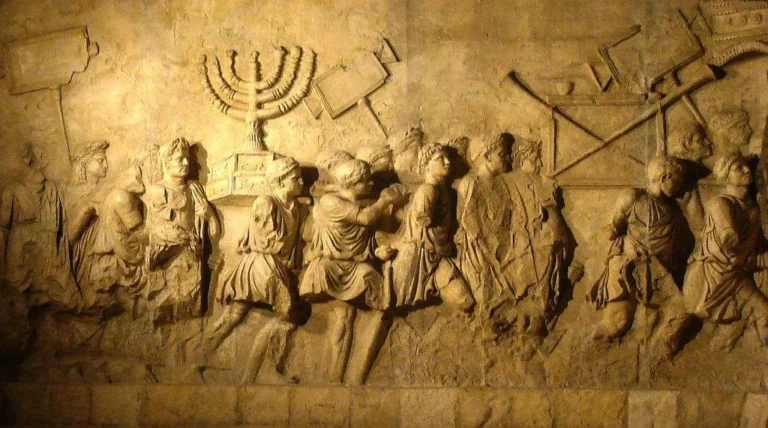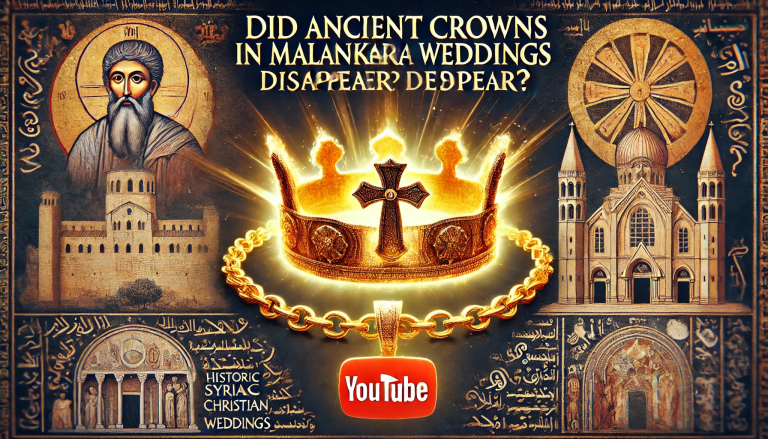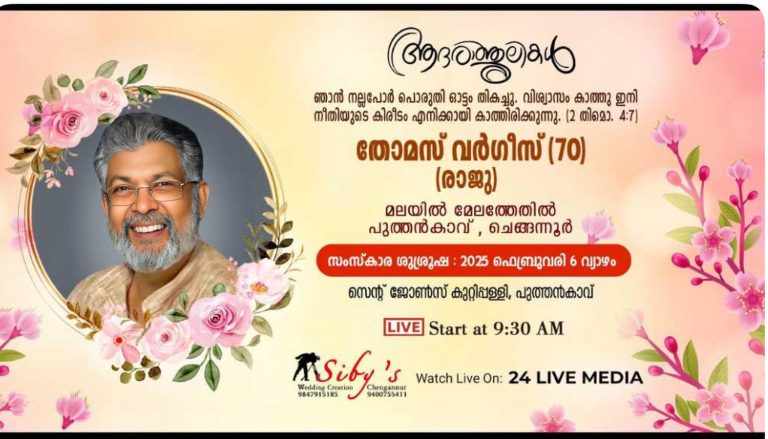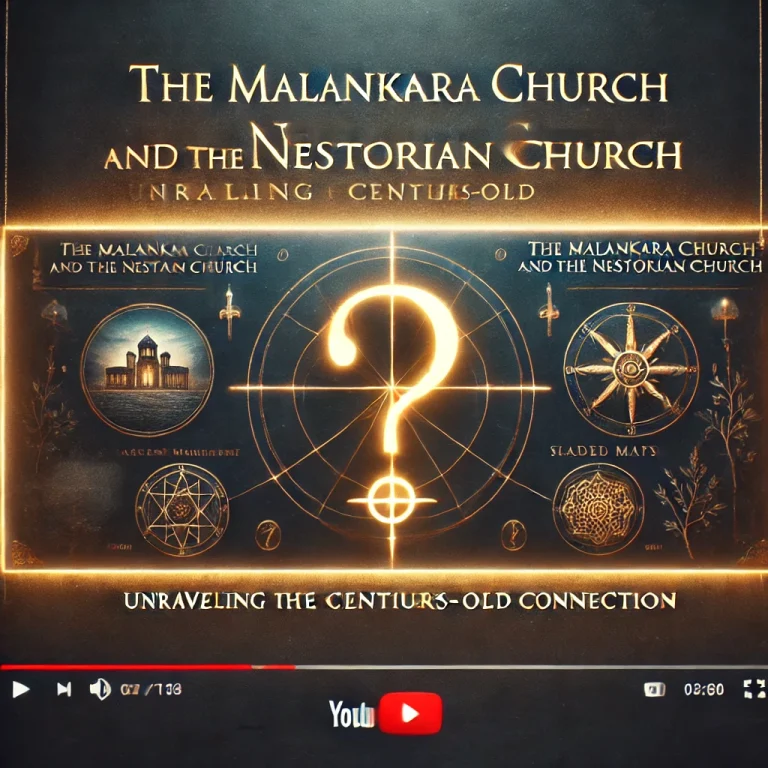
Embracing Diversity: The Malankara Orthodox Syrian Church’s Vision for Interfaith Harmony in Kerala: Fr.Johnson Punchakonam
The Malankara Orthodox Syrian Church, also known simply as the Orthodox Church in India, is part of the Oriental Orthodox communion. It traces its origins back to the missionary work of Thomas the Apostle in the 1st century, claiming a direct apostolic legacy. Based predominantly in the state of Kerala in India, it plays a significant role in the religious and social life of the region.
Perspectives Towards Other Religious Communities
The Malankara Orthodox Church, like many Christian denominations worldwide, upholds a theology of respect and love towards people of all faiths, grounded in the teachings of Christ. This perspective is reflected in its interactions with other religious communities in Kerala, a region known for its religious diversity. Here are key points that outline the church’s stance and approach:
1. Interfaith Dialogue and Cooperation:The Malankara Orthodox Church actively engages in interfaith dialogue and cooperation with various religious communities in Kerala. It recognizes the importance of mutual respect and understanding in promoting peace and social cohesion. The church participates in inter-religious councils and events aimed at fostering a sense of community among diverse faith groups.
2. Social Service and Charitable Work:The church’s commitment to social service and charitable work extends to all people, regardless of their religious background. Through hospitals, educational institutions, and charitable organizations, the church serves the wider community in Kerala, embodying the Christian principle of love thy neighbor.
3. Theological Stance on Salvation and Truth: Theologically, the Malankara Orthodox Church, like other Orthodox traditions, holds to the belief in Jesus Christ as the way to salvation. However, it approaches this belief with humility and a recognition of the mystery of God’s grace. While it asserts its faith convictions, it does so without diminishing the sincerity or integrity of other religious paths present in Kerala.
4. Cultural Integration and Respect: Given its long history in India, the Malankara Orthodox Church has integrated elements of Indian culture into its liturgical and communal life. This cultural integration reflects a broader respect for the traditions and practices of other religious communities in Kerala. The church celebrates its heritage in a way that also respects the rich tapestry of faiths in the region.
5. Peace and Conflict Resolution: In times of communal tension or conflict, the church has often played a role in mediating peace and promoting reconciliation. It emphasizes the Christian teachings on peace, forgiveness, and reconciliation, viewing these principles as foundational to coexistence among diverse religious groups.
6. Respect for Religious Freedom: The Malankara Orthodox Church upholds the principle of religious freedom, advocating for the right of individuals to practice their faith freely and without coercion. This stance aligns with the broader ethos of Kerala, where religious diversity is seen as a strength rather than a source of division.
The Malankara Orthodox Church’s perspectives towards other religious communities in Kerala are shaped by a complex interplay of theology, history, and culture. At its core, the church’s approach is characterized by respect, dialogue, and a commitment to serving the wider community. While firmly rooted in its Christian beliefs, the church seeks to live out those beliefs in a way that contributes to the harmony and well-being of all people in Kerala, regardless of their religious affiliation.
May the Lord bless you all!
With humble and grateful bow,
† ¶uήҫhakoήam ᾏҫhȅἧ †
1-346-332-9998





